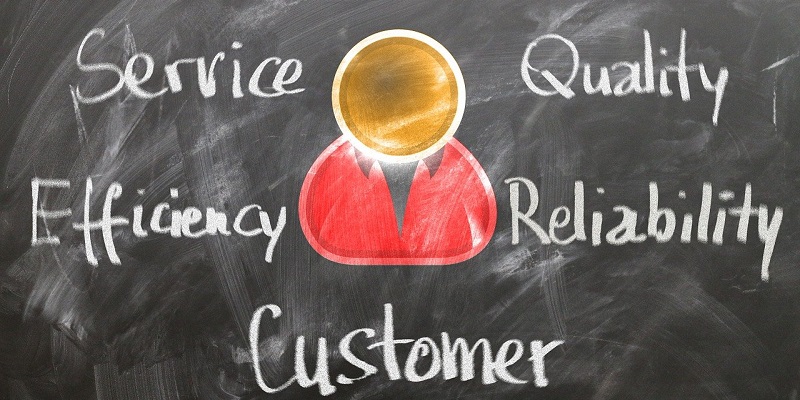The Internet of Things (IoT) and artificial intelligence (AI) have become integral tools for improving and personalizing the customer experience (CX). With the help of IoT and AI, organizations can collect, store, and analyze customer data to provide tailored interactions and anticipate customer needs. In this article, we will explore how IoT and AI can be used to enhance CX, provide personalized experiences, and improve decision-making processes for businesses.
AI and CX: Personalizing Customer Experiences
In today’s competitive market, the ability to personalize the customer experience is essential for businesses of all sizes. Thanks to AI, companies can collect and store customer data, such as browsing history, purchase history, and preferences, to create tailored interactions and experiences. AI-powered chatbots, for instance, can handle a wide range of customer queries and provide instant support on websites and mobile apps. With the use of natural language processing (NLP), these chatbots can understand customer queries and direct them to the relevant information they require.
Smart technology identifies and resolves issues before they occur
IoT sensors can be used to identify potential issues and resolve them before they become a problem for customers. For example, smart technology in home appliances can detect problems such as low filter life in dishwashers or water leakage in refrigerators. The sensors can then notify the customer and the manufacturer, allowing for prompt and efficient resolution of issues before the customer experiences any inconvenience.
Personalization with IoT
One of the most significant benefits of IoT is its ability to access and utilize vast amounts of customer data, including purchase history, browsing history, and feedbacks, to provide personalized experiences. With the help of AI, businesses can analyze this data to understand customer preferences and tailor their experiences accordingly, which can lead to better retention rates, ultimately improving the overall customer experience.
Improving Decision Making for Businesses
IoT can help businesses make data-driven decisions that can significantly impact the customer experience. For example, retailers can use in-store sensors to track customer traffic and behavior to improve store layout and staffing arrangements. The data collected can be analyzed to optimize the placement of products and store promotions and to predict customer behavior to offer tailored product recommendations.
Importance of knowing the customer journey
Understanding the customer journey is key to delivering personalized experiences. Consumers want to be known and recognized for who they are and where they are on their journey. By tracking and analyzing customer behavior, businesses can better understand their needs and anticipate how they will interact with the brand. With a proactive approach to IoT and CX, business leaders can predict consumer behavior more accurately and tailor experiences accordingly.
Rapid Access to Customer Answers
One of the most significant benefits of IoT is its ability to provide rapid and accurate customer support. IoT can connect customers with resources such as manuals, FAQs, and video tutorials, providing them with the answers they need quickly and efficiently. This, in turn, reduces wait times for customer support agents, allowing them to focus on more complex queries and issues.
Anticipating and Resolving Customer Problems with IoT
IoT can help organizations identify and resolve customer problems before they occur, avoiding customer frustration and reducing costs for businesses. Sensors can detect when a product needs maintenance or when there is an issue with a service, allowing for proactive measures to be taken before a customer experiences any inconvenience.
Predictive IoT technology for customer support
Predictive IoT technology can anticipate customer queries and provide answers without the need for an agent. With the use of AI, chatbots can analyze customer data and provide relevant information, ultimately saving time for both the customer and the business.
A declarative profile for anticipating customer needs
By creating a declarative profile using customer data, businesses can anticipate customer needs and surface relevant support articles or information that are curated for their specific requirements. This approach helps businesses deliver a more personalized and tailored experience to customers.
Maximizing IoT Capabilities
To gain the maximum benefit from IoT and AI, businesses must ensure that the data and programs used are relevant to both their company and the customer. With the right tools and processes in place, businesses can analyze customer data to understand their behavior and create tailored experiences.
In conclusion, IoT and AI offer a wealth of opportunities for businesses to personalize the customer experience and meet consumer needs proactively. With the help of smart technology and customer data, businesses can provide rapid and accurate support, anticipate customer needs, and create tailored experiences. By utilizing the vast capabilities of IoT, businesses can gain a competitive advantage and exceed customer expectations.

